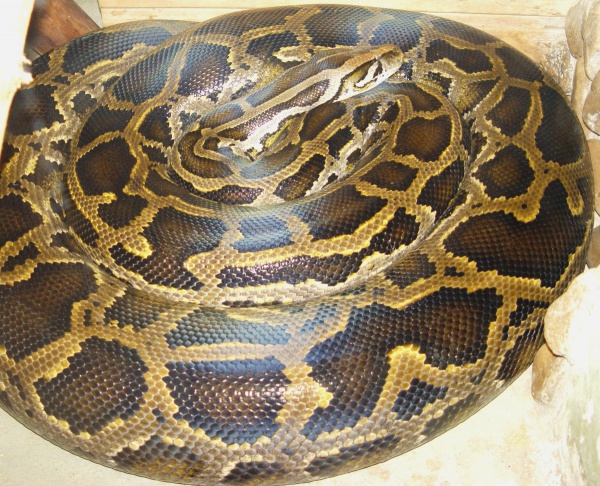Facts About Burmese python
The Burmese python is an enormous snake indigenous to Southeast Asia, but it's also making waves in other parts of the world. Initially considered a subspecies, it is now acknowledged as its own distinct species. Typically found near water, these pythons inhabit a range of environments including grasslands, marshes, swamps, and jungles. Notably, females tend to be larger and more robust than males.
These snakes hail from Southern and Southeast Asia, populating countries such as India, Myanmar, Thailand, and China. In contrast, in the U.S.—particularly in Florida—they have become an invasive species, posing significant ecological threats. To address this, initiatives like the Python Challenge have been established to help manage their population.
Burmese pythons are carnivorous, preying on birds and mammals through powerful constriction. In captivity, their diet includes appropriately sized rodents and larger animals as they mature. Their ability to undergo significant physiological changes while digesting large prey makes them a fascinating subject for studies in digestive physiology.
Conservation efforts are imperative for these pythons due to threats like habitat loss, hunting for their skin and meat, and capture for the pet trade. The IUCN lists them as vulnerable, indicating a decline in their population. Despite these challenges, they remain popular pets due to their striking coloration and generally docile temperament. However, they require spacious enclosures and diligent care, with overfeeding and obesity being common concerns in captivity.
Handling these powerful creatures demands caution and respect, as they can deliver severe bites and kill through constriction. Special licenses are frequently required for ownership, and local regulations may apply. Captive breeding has resulted in various color, pattern, and size variations, including albino, labyrinth, green, granite, and dwarf forms. Varieties like the leucistic and caramel Burmese pythons are particularly coveted in the pet trade.

 Sri Lanka
Sri Lanka